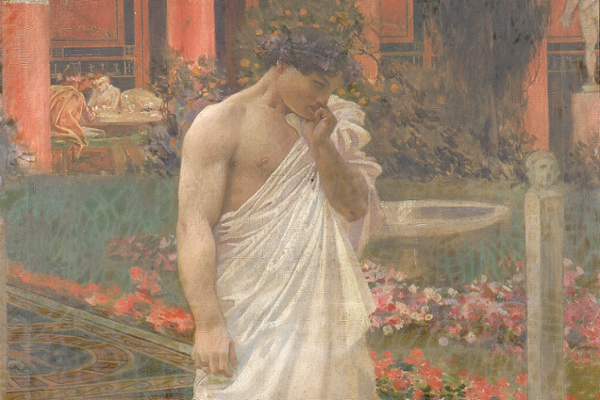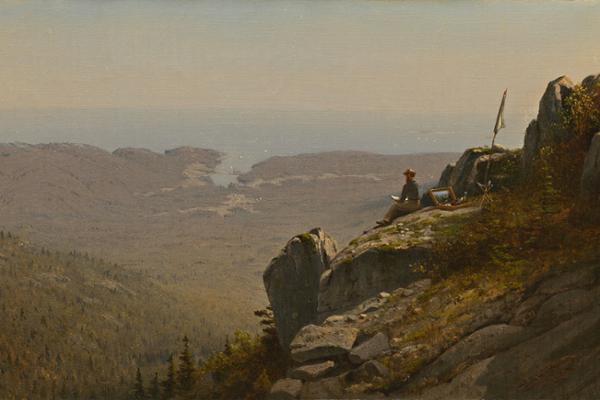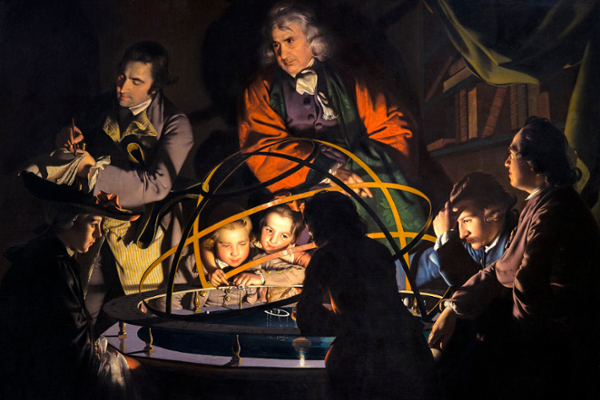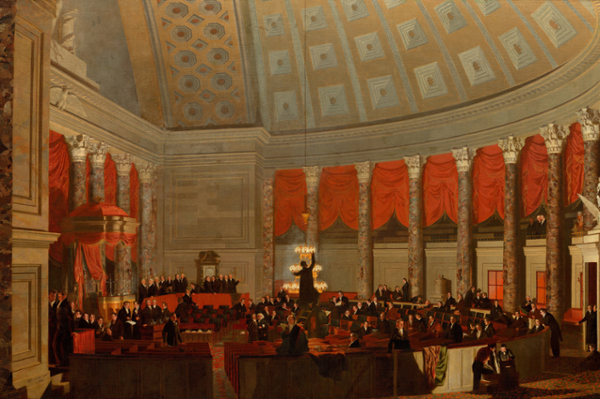
Wisdom of the Ancients
Lyceum Scholars continue to examine how we ought to live and how we ought to live with others. This seminar in ancient political philosophy will help students raise fundamental questions regarding human excellence and political life. Readings include Plato's Republic, Aristotle's Nicomachean Ethics, Cicero's On Duties, Seneca's Moral Letters, and Epictetus' Handbook.








